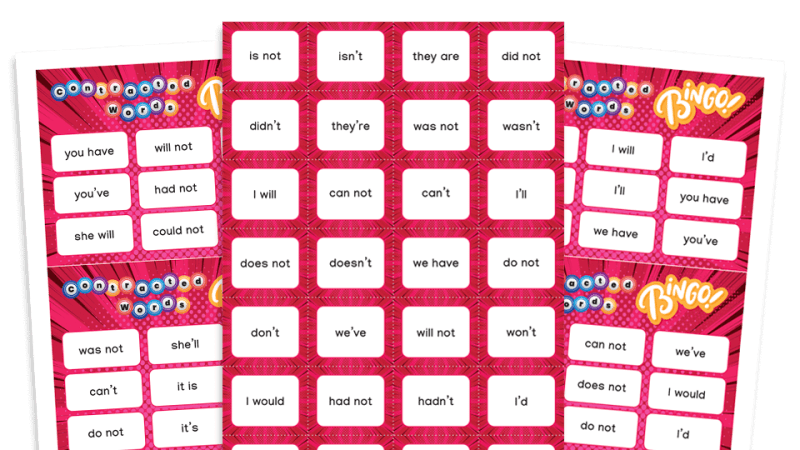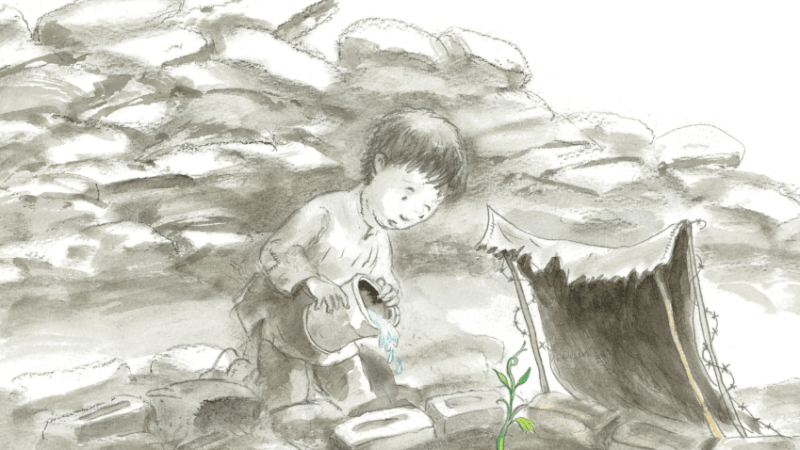Whole-School Literacy is a Laudable but Impossible Task – We Need a New Approach

Developing whole-school literacy is a laudable aim in theory, but all too often proves a Sisyphean task in practice

- by Teachwire

Is there a more important act in education than helping children to learn to read and become literate?
I am sure we can agree that developing our students as confident readers, writers and speakers is the core business of every teacher. Too often though, we take this essential work and package it up with the label of ‘whole-school literacy’. Soon enough, it becomes viewed as a burdensome addition to the daily work of busy teachers.
Literacy coordinators can do a fantastic job, working devilishly hard – however, their role is like that of a modern-day Sisyphus. At the start of each school year, with a couple of hours’ timetable allocation, they work hard at developing plans, composing audits, and stacking up data, yet their efforts are doomed to fail. They heave the literacy boulder towards the top of the mountain, but ultimately, it’s just too weighty to make it all the way.
Too much to tackle
Put simply, whole-school literacy is too big a problem. Consider for a moment just some of the typical facets involved: reading interventions, reading for pleasure, academic vocabulary, teacher talk, student talk, speaking and listening, debating, extended writing, improving spelling, and more. Of course, we also have to go about training teachers, supporting parents, and…well – we have to teach stuff, too. Who has the time, not to mention the necessary expertise, to address such a huge number of issues, all at once?
In trying to fix so much regarding literacy, we actually address too little with meaningful impact. How many failed SpaG policies and ‘reading for pleasure’ programmes litter annual school improvement plans? The mere mention of such efforts can spark grumbles and sighs from veteran teachers. As we embark on each wave of seemingly new literacy training, experienced educators see the same old strategies resurrected and rebranded to address the same old student failings.
A shift of focus
We need a new tactic. Instead of the old ‘whole-school literacy’ approaches, we need to move toward a focus on ‘disciplinary literacy’. That is to say, a focus on the nuanced differences between how a mathematician, scientist, geographer or a historian, reads, writes, speaks and thinks, according to their discipline.
Popular whole-school literacy strategies, such as devoting curriculum time to the enjoyment of books with strategies like DEAR (Drop Everything And Read), may place some value on reading as an act, but it will not help our students access a complex science textbook any more effectively, nor enable them to better argue a tricky point in a lesson on philosophy and ethics.
An example of ‘disciplinary literacy’ would be reading in history. A would-be-historian asks questions about a text with a very specific purpose of evaluating whether the source is reliable, and corroborating evidence and viewpoints across similar sources. They can then summarise their reading of the different sources using a chronological perspective. In understanding this, what we begin to characterise is ‘reading like a historian’.
Effective interrogation
So we begin to ask different questions regarding literacy:
- How does a musician read differently from a mathematician? What strategies are needed for success?
- What are the generic features of case study writing in GCSE PE compared with an analytical essay in English Literature GCSE?
- What academic vocabulary is essential to talk and write like a biologist or a chemist at GCSE and A level?
And what becomes apparent when we pose these specific, disciplinary questions is that tasking any single, time-limited individual with raising ‘whole school literacy’ is a sure route to failure.
Developing literacy is a job for subject experts in every classroom. Once this is made explicit, teachers who have formerly viewed the topic with a sceptical eye begin to recognise the essential importance of ‘disciplinary literacy’ to their teaching and their students’ learning. The boulder is lifted from the shoulders of the beleaguered literacy coordinator, with each teacher better sharing the weight.
For more information on Alex Quigley visit theconfidentteacher.com or follow @HuntingEnglish.











